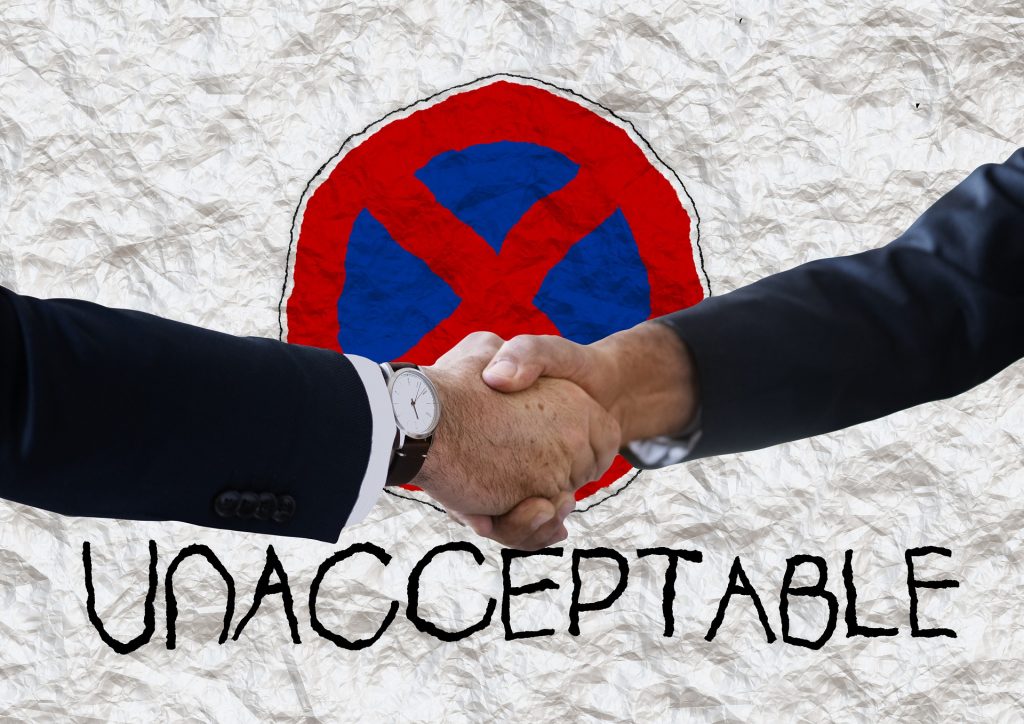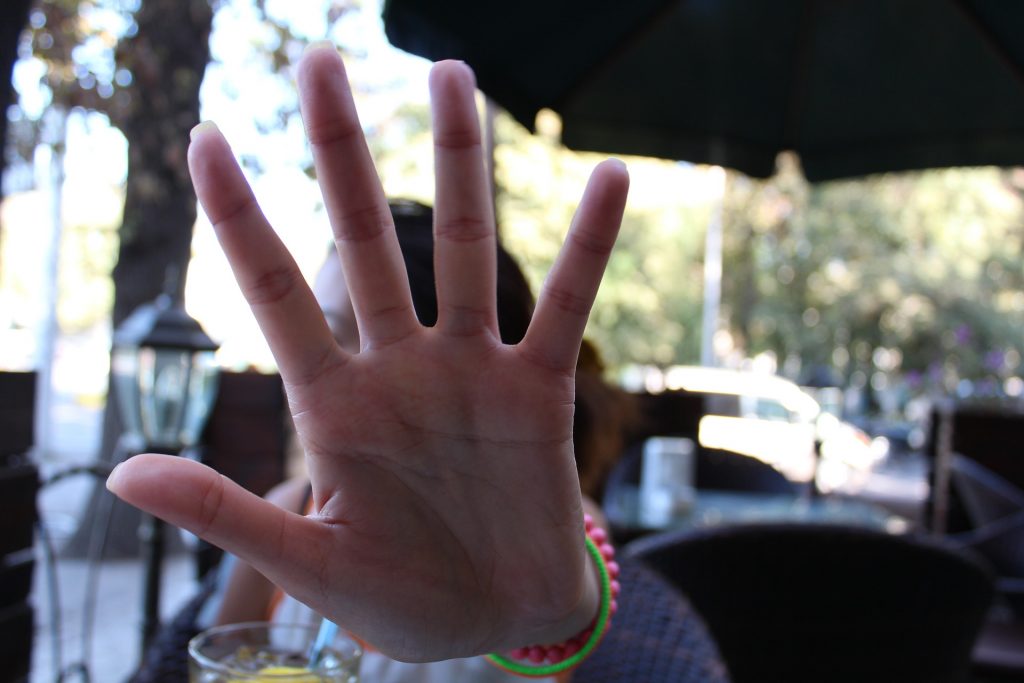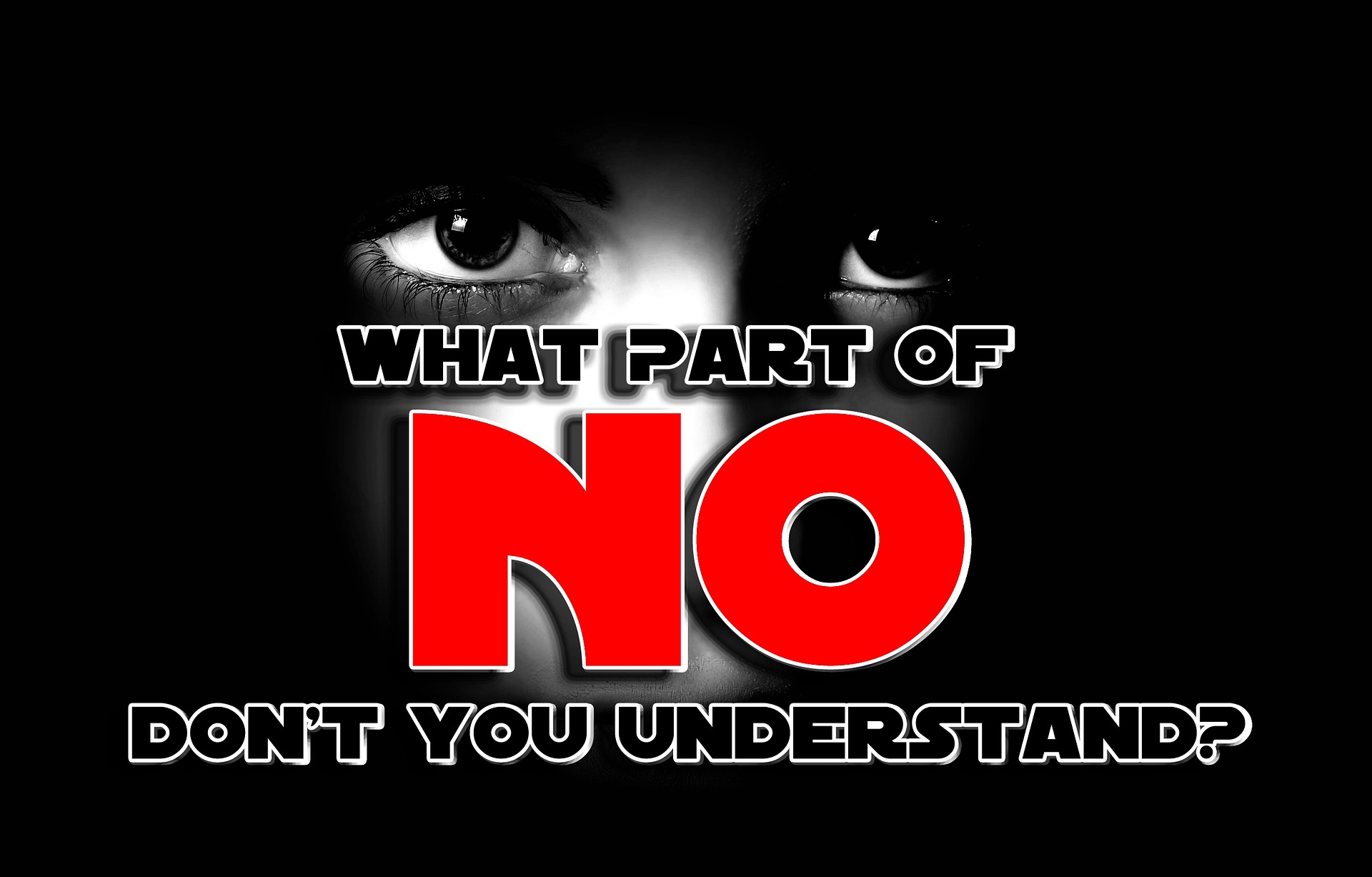Taboo is defined as something that’s considered forbidden or prohibited in a particular culture or society -a set of unwritten rules that everyone seems to know about, but nobody wants to talk about.
It could be a behavior, action, or even a topic of discussion that’s considered socially unacceptable or even morally reprehensible.
Taboos can vary widely depending on the culture or region you’re in, and they can be based on religious, social, or moral beliefs.
Sometimes they can also be restrictive and limit personal freedom and expression.
Although certain taboos are enforced by law, others are merely regarded as inappropriate or impolite.
In reality, the majority of taboos are not imposed by governmental authorities but are rather enforced through indirect social cues that signify disapproval of taboo actions.
Should One Follow Taboos?

It is important to recognize that cultural taboos reflect the values and beliefs of a particular community or society, and as such, they should be respected.
When interacting with a culture or community that has different norms and values from your own, it is generally considered polite to be aware of and abide by their customs and traditions.
That being said, it is important to recognize that some cultural taboos may conflict with universal human rights or values, such as those related to discrimination, oppression, or violence. In such cases, it may be appropriate to challenge or resist those taboos in the interest of promoting greater equality, justice, and respect for human dignity.
Ultimately, the decision to follow or challenge cultural taboos depends on a variety of factors, including personal values, ethical considerations, and cultural sensitivity.
Origin of Taboos
The origin of taboos is not entirely clear, as they have existed for thousands of years and their roots are often embedded in ancient cultural and religious beliefs.
However, some theories suggest that taboos may have developed as a way to promote social order, establish boundaries, and maintain cultural values and traditions.
One theory suggests that taboos were developed to protect individuals and societies from harmful or dangerous behaviors.

For example, some taboos related to food consumption may have developed as a way to prevent the spread of diseases or to avoid consuming poisonous plants or animals.
Another theory suggests that taboos may have developed as a way to promote and preserve cultural and religious values and beliefs.
For instance, some taboos related to sexuality or marriage have been developed to preserve human morality, family stability, and religious purity.
In some cases, taboos may have been established through religious teachings or traditions. For example, some taboos related to certain foods, behaviors, or rituals may be based on religious beliefs or practices.

Overall, the origins of taboos are complex and varied, and they often reflect the unique cultural, social, and historical contexts of the societies in which they exist.
6 Different Types of Taboos

There are various types of taboos, and the types of taboos can vary depending on the culture, society, or community. Here are some examples:
- Religious Taboos: These are the taboos associated with religious beliefs and practices. For example, in some religions, it may be taboo to eat certain foods or engage in certain behaviors during religious holidays.
- Cultural Taboos: These are the taboos that are specific to a particular culture or society. For example, in some cultures, it may be taboo to touch or point at certain objects or people, or to discuss certain topics.
- Social Taboos: These are the taboos that relate to social norms and expectations. For example, in some societies, it may be taboo to express strong emotions or to discuss personal problems in public.
- Moral Taboos: These are the taboos that relate to moral values and ethics. For example, it may be taboo to lie or cheat in certain societies or to engage in certain behaviors that are deemed immoral or unethical.
- Sexual Taboos: These are the taboos related to sexuality and sexual behavior. For example, in some societies, it may be taboo to discuss sexual topics openly.
- Superstitious Taboos: These are the taboos that relate to superstitious beliefs and practices. For example, it may be taboo to walk under a ladder or to break a mirror in some cultures due to superstitions.
These are just a few examples of the different types of taboos that exist across cultures and societies.
Religious Taboos
It is important to note that religious taboos can vary greatly depending on the specific religion and cultural context.
Here are some examples of religious taboos:
- In Hinduism, cows are considered sacred and are not to be eaten or harmed.
- In Jainism, the practice of Ahimsa (non-violence) includes avoiding harm to any living creature, including insects and plants.
- In many Muslim countries, it is taboo to eat pork or to consume alcohol.
- In some branches of Orthodox Judaism, it is forbidden to touch a member of the opposite sex who is not a spouse or close family member.
- In some branches of Islam, it is considered taboo to depict or portray human or animal figures in art or literature.
- In some branches of Buddhism, it is considered taboo to eat after noon or to engage in any form of entertainment or pleasure after sunset.
- In some traditional Jewish communities, it is considered taboo to use electricity or technology during the Sabbath.
Cultural Taboos

The violation of cultural taboos can lead to social ostracism, shame, or even legal consequences, depending on the severity of the taboo.
- In Saudi Arabia, it is considered inappropriate to shake hands or have physical contact with someone of the opposite sex in public.
- In certain indigenous communities in Australia, it is taboo to mention the name of a deceased person.
- In Russia, it is considered taboo to whistle indoors or to give someone an even number of flowers, as these are associated with bad luck and death.
- In some parts of the Caribbean, it is taboo to eat or drink in public during the daytime hours of Ramadan, as a sign of respect to the Muslim community.
- In many Jewish communities, it is taboo to eat pork or shellfish, as these are considered unclean according to Jewish dietary laws.
- In some parts of South America, it is taboo to whistle at night, as it is believed to attract evil spirits.
- In some parts of the world, it is taboo to discuss sex or sexuality openly, especially in public or in mixed company.
- In some Indigenous cultures, it is taboo to take photographs or record video of sacred ceremonies or events, as it is seen as a violation of privacy and respect.
- In many African and Caribbean cultures, it is taboo to wear revealing or immodest clothing, especially for women, as it is seen as disrespectful or provocative.
Social Taboos
Here are some examples of social taboos around the world:

- Breaking personal space boundaries, such as standing too close to someone or invading their personal space, can be considered a social taboo.
- Making inappropriate or insensitive comments about someone’s physical appearance, gender, or sexual orientation can be considered a social taboo.
- Ignoring someone’s privacy, such as reading their diary or personal messages without their permission, is a social taboo.
- Engaging in behaviors that are harmful to the environment, such as littering or wasting resources, can be considered a social taboo.
- Displaying inappropriate behavior in public, such as shouting or causing a scene, can be considered a social taboo.
- Not respecting someone’s autonomy or individuality, such as pressuring them to conform to certain beliefs or behaviors, can be considered a social taboo.
- Taking advantage of someone’s vulnerability, such as manipulating or exploiting them for personal gain, can be considered a social taboo.
- Not showing gratitude or appreciation for someone’s kindness or help can be considered a social taboo.
Moral Taboos
Here are some examples of moral taboos:
- Betrayal: Breaking promises, lying, or betraying the trust of others is considered a moral taboo in many societies.
- Animal Cruelty: Harming or mistreating animals, especially for pleasure or entertainment, is seen as a moral taboo in many cultures.
- Human Experimentation: Conducting medical or scientific experiments on human subjects without their informed consent is widely considered a moral taboo.
- Slavery: The ownership and exploitation of other human beings is seen as a moral taboo in most societies.
- Body Shaming: Body shaming is the act of criticizing or making negative comments about a person’s physical appearance. It can happen in many different ways, including comments about weight, height, skin color, body shape, and other physical features. Body shaming is considered a taboo because it can have harmful effects on individuals, including damaging their self-esteem, self-worth, and body image. It can also contribute to the development of mental health issues such as depression and anxiety.
- Discrimination: Treating individuals or groups unfairly or differently based on their race, ethnicity, gender, sexual orientation, or other personal characteristics is considered a moral taboo in many cultures.
Sexual Taboos
These taboos can vary across cultures and religions, and can also change over time. Here are some examples of sexual taboos:

- Nudity: Public nudity or revealing clothing may be seen as taboo or inappropriate in some cultures.
- Non-consensual Sexual Activity: Engaging in sexual activity without the consent of the other person is considered taboo and illegal.
- Homosexuality: In many cultures and religions, homosexuality is considered taboo and is not accepted.
Superstitious Taboos
These taboos are difficult to understand logically or scientifically and they vary across cultures and regions.

Here are some examples of superstitious taboos:
- Walking Under A Ladder: It is believed that walking under a ladder will bring bad luck.
- Breaking A Mirror: It is believed that breaking a mirror will bring seven years of bad luck.
- Black Cats: It is believed that black cats bring bad luck, especially if they cross your path.
- Opening An Umbrella Indoors: It is believed that opening an umbrella indoors will bring bad luck.
- Spilling Salt: It is believed that spilling salt will bring bad luck, and to counteract this, some people will throw a pinch of salt over their left shoulder.
- Saying “Macbeth” In A Theater: It is believed that saying the word “Macbeth” in a theater will bring bad luck.
- Avoiding Number 13: It is believed that number 13 is unlucky and that some people will avoid staying on the 13th floor of a building or sitting in the 13th seat of a row.
- Using The Wrong Hand: It is believed that using the left hand for certain actions, such as eating or giving a gift, is considered bad luck in some cultures.
Well, folks, it’s funny how taboos just seem to stick around despite the fact that we don’t understand the logic or reason behind them.
So, if you’re planning to travel to some far-flung corner of the world, my advice is to hit the books first and brush up on all the do’s and don’ts.
That way, you won’t accidentally offend your host and end up with something unpleasant.
Trust me, you don’t want to be the tourist who thought it was cool to walk around shirtless in a conservative country. Do your homework first.




